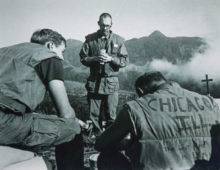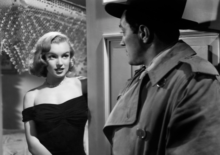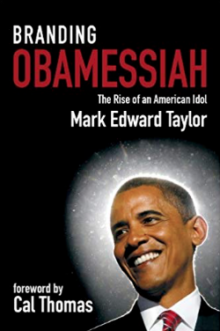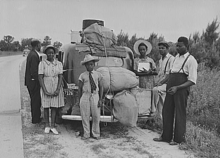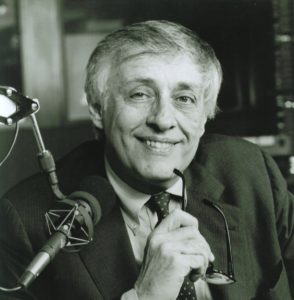Added 11.6.18. It’s been said that to be a U.S. Presidential contender requires “ambition, stamina, and pure shamelessness.” There’s a tradition among writers and political analysts of putting successful – and unsuccessful – U.S. Presidential campaigns under the microscope. It dates back at least as far as Theodore White’s classic of the genre titled “The Making Of The President 1960,” on JFK’s White House conquest; and includes Richard Ben Cramer’s classic “What It Takes,” on the ’88 contest. Mark Edward Taylor, an ordained minister with a doctorate in communications from Northwestern University, in his 2011 analysis “Branding Obamessiah: The Rise Of an American Idol,” posits – and seeks to painstakingly document – that President Barack Obama won his first term in office in an especially remarkable manner. It was, Taylor argues, with a carefully calibrated communications strategy inspired by religious images; religious words; a creation story; sacred rituals; true believers; and “an exceptional chief” defined as “an inexplicably impressive solution to all the nation’s problems” and by his “sense of hope in himself and the nation.” Milt and frequent guest Charles Lipson, a prolific author and professor emeritus of political science at the University of Chicago, sit down here in late 2011 with Taylor to dive deeper.



